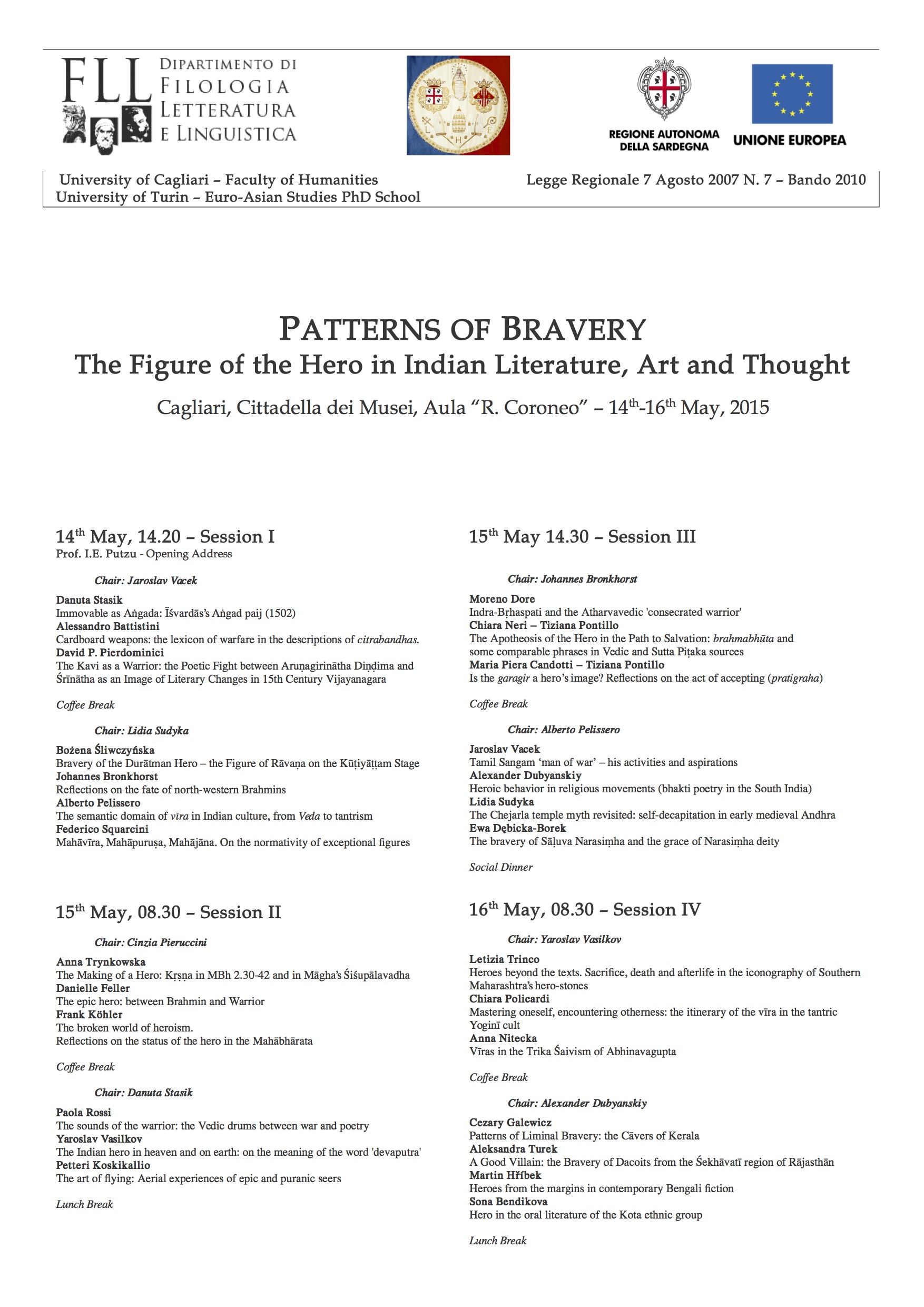Comparison and Comparative Method —The sixth Coffee Break Conference: CfP
The Coffee Break Conference began as an attempt to encourage the kind of critical and open-ended discussions that have unfortunately been confined to short coffee breaks at most academic conferences. Coffee Break Conferences give scholars the opportunity to critically discuss their work, especially new work, in an interdisciplinary setting. Discussions at these conferences have tended to focus on scholarly methodology and all types of comparisons: between areas of study, between the approaches of different disciplines, between the concepts and vocabulary of different traditions of scholarship.
The next Coffee Break Conference, to be held in Venice on September 10-12 2015, will directly take up the theme of comparison. In a series of panels, including a conference-wide roundtable session, we will discuss the form that comparison takes in scholarly work, what its advantages and liabilities are, and the philosophical and political issues that comparison raises. Scholars are invited to submit papers to one of the proposed panels, listed below, or to propose a panel on the theme of comparison. Younger scholars are encouraged to participate.
The current plan of the conference, subject to modification, is as follows:
1) Linguistic Selves: Language and Identity in the Premodern World (contact person: Andrew Ollett, andrew.ollett@gmail.com)
2) 1) From cross-cultural comparison to shared epistemic spaces: educating desire in the “medieval” epistemic space (contact person: Marco Lauri, marco.f.lauri@gmail.com)
3) The “Religion” Challenge: Comparative Religious Studies and the Trouble to Transfer Conceptional Terms from Europe to Asia (contact person: Ann-Kathrin Wolff, ann-kathrin.wolf@rub.de; Madlen Krüger, madlen.krueger@rub.de)
4) Is Theology comparable? Comparison applied to “Theology” and “God” (contact person: Elisa Freschi, elisa.freschi@gmail.com)
5) Knowing the unknown: extra-ordinary cognitions in a comparative perspective (contact person: Marco Ferrante, marco.ferrante@oeaw.ac.at)
6) The trans-cultural reshaping of psychoanalysis, or the perks of comparative psychodynamics (contact person: Daniele Cuneo, danielecuneo@hotmail.it)
Further infos on the CBCs in general and on the 2015 edition in particular can be found here: http://asiaticacoffeebreak.wordpress.com/
and here:
http://asiatica.wikispaces.com/2015+on+comparison
(The conference will most probably take place in Rome, September the 17th to 19th 2015.)
Chief of the Organizing Committee: E. Freschi, A. Ollett

